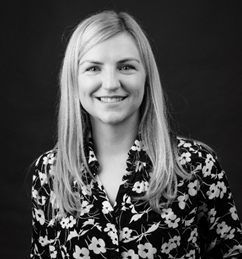Researchers and HPC
My background is in epidemiology with interest in musculoskeletal health. I’m the Project Manager of the AUGMENT study which aims to explore relationships between the shape of bones and common age-related diseases such as osteoarthritis and osteoporosis using data from the UK Biobank study. The HPC resource not only allows me to efficiently process large number of imaging data collected by UK Biobank and extract relevant data, but also perform a range of statistical analyses. More recently, as part of an international collaboration, I carried out genome-wide association study meta-analysis of bone mineral density, using the BlueCrystal4 cluster.
My research explores emerging phase behaviour in complex systems, ranging from glasses to gels, from crystals to self-propelled, active systems. I employ state-of-the-art computational methods to understand the mechanisms underpinning the transitions from one phase to another (e.g. disorder to order) in equilibrium and nonequilibrium systems. The HPC facility in Bristol is essential to my work as it allows me to benefit from powerful parallelism (to study rare events in molecular dynamics), to perform large-scale simulations (to quantify finite-size effects), to exploit and test different architectures (to optimise the code efficiently).

